What is the R-ICL?
The Canadian Environmental Protection Act, 1999 (CEPA, 1999) was implemented by Health Canada to protect the environment and human health by contributing towards sustainable development. A section of the Act focuses on decreasing the risks associated with new and existing substances. Substance lists were established to distinguish new substances from existing ones, and to determine reporting requirements or risk assessments needed for certain substances.
The In-Commerce List is an administrative list created for substances regulated under the Food and Drugs Act (FDA) that had been subject to the New Substances Notification Regulations (NSNR) and CEPA 1999 in September 2001. The Revised In-Commerce List (R-ICL) was created to address necessary concerns of substance duplications, omissions, and inaccuracies that were on the In-Commerce List.
Recent News Updates:
One year following a final notice published in the Canada Gazette Part I in November 2018, nomination of substances to the Revised In-Commerce List will close on November 3rd, 2019. Of the substances that are regulated under the Food and Drugs Act, substances that are no longer in commerce will likely be removed from the R-ICL in future updates.
The following 20
pharmaceutical ingredients were under review in 2017-2018 as higher priority substances
with potential risk to human health: Alendronate sodium and Alendronic
acid; Modafinil; Divalproex sodium; Gliclazide; Gabapentin; Lamotrigine;
Sucralfate; Celecoxib; Ephedrine, Ephedrine dl-, and Ephedrine sulfate;
Entacapone; Atomoxetine hydrochloride; Atovaquinone; Bupropion hydrochloride;
Cefazolin sodium; Oxcarbazepine; Acebutolol hydrochloride; Domperidone,
Domperidone maleate; Lopinavir; Telmisartan; Olanzapine.
The assessment reports for these 20 ingredients are scheduled to be published in 2020/2021. Post 2020, HC aims to retire the R-ICL list by publishing rapid screening documents for low-priority/low volume substances and bringing feasible substances into compliance with CEPA regulations to be incorporated into the Domestic Substances List (DSL). Non-response to Section 71 substances will result in removal from the R-ICL.
For more information, please contact Focal Point Research Inc. We are leading North American Regulatory and New Product Consultants for Medical Devices, Natural Health Products, OTC Drugs, Cosmetics, and other consumer products regulated by Health Canada and the U.S. FDA.

Recent Comments